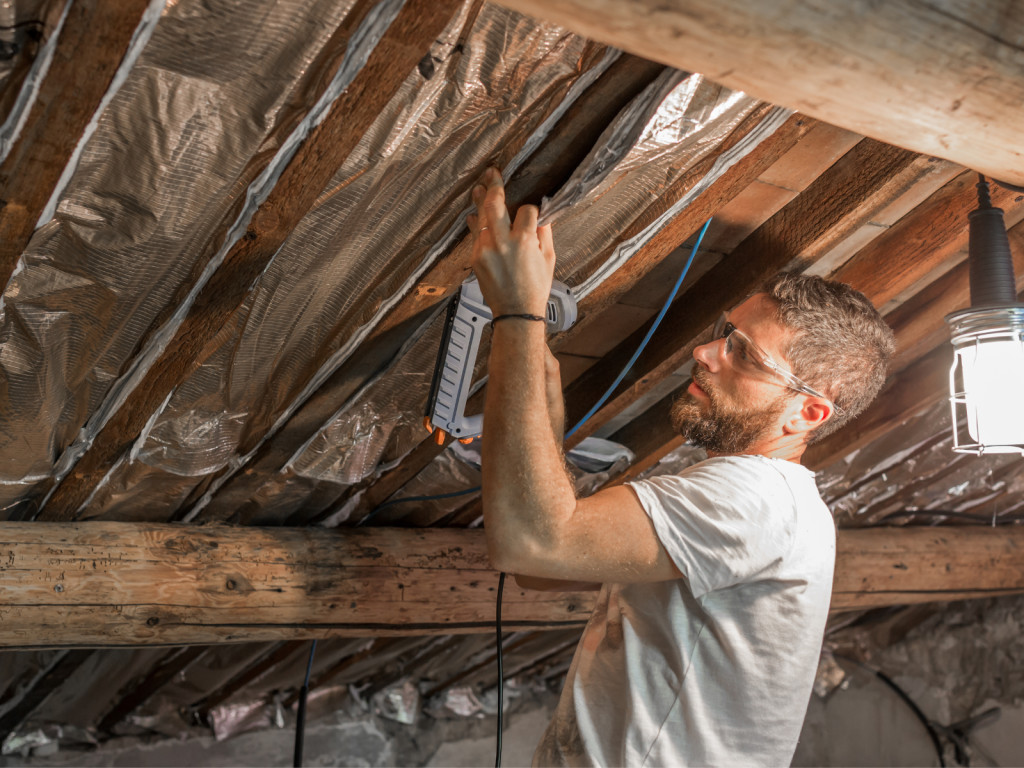Myths About Colon Cancer: How To Spot Early Signs And Symptoms
Colon cancer, or colorectal cancer, is stunningly common. And there’s a catch to colon cancer: When it’s caught early, it can often be cured. But far too often, it isn’t caught early.
Most people don’t realize it’s the third most common type of cancer diagnosed in the U.S. among both men and women year after year, and more than new cases will be diagnosed this year.
That’s because few people recognize the early signs and symptoms of colon cancer. And there are quite a lot of myths around this hard-to-detect kind of cancer. Here’s what you need to know about colon cancer, its symptoms, and its earliest stages.
Myth: There’s no way to avoid or prevent colon cancer
While you may not be able to completely prevent colorectal cancer, there are steps you can take to lower your overall risk. For example, keeping an eye on what you’re eating and choosing healthier foods may play a role. So might working regular exercise into your daily routine.
Search online to learn what key aspects of your lifestyle you may be able to change or adjust to lower your risk. You might find that small tweaks can play a big role for your overall health.
Myth: There’s no reason to undergo regular screenings if you don’t have symptoms
Screenings are a good way to catch colon cancer in its earliest stages. You might not experience any noticeable symptoms when this kind of cancer first begins to grow – and if you wait too long, you may find that your odds of survival are low.
Most often, colorectal cancer starts with the appearance of pre-cancerous polyps. These polyps may be unassuming and unproblematic, and you likely won’t even realize they’re present in your body. The only way to catch them is with regular screenings.
Screenings are essential even if you’ve had clear screenings in the past. They’re the one tool you and your doctor can use to identify precancerous polyps in their earliest stages. And once you catch these polyps, your doctor can remove them to eliminate or lower the risk of colon cancer growing.
Myth: Colon cancer is rarely diagnosed early
Sure, colon cancer is difficult to detect in its early stages. But the good news is it’s not impossible to catch when it first appears.
It is true that just one-third of all colorectal cancers are caught in the first stage. But you can easily catch yours early on if you take steps like seeing your doctor regularly for your annual checkups, undergoing all recommended screenings and diagnostic tests, and keeping a close eye on any changes to your health and wellness. Preventative care is a good way to ensure you don’t miss potential signs and symptoms.
Myth: Only people with a family history of colon cancer are at risk
Colon cancer can strike absolutely anyone. While those who have family members who’ve been diagnosed with colorectal cancer may be at a higher risk than others, this cancer doesn’t discriminate. It can affect both men and women – in fact, it affects both pretty equally – and people of any ethnicity and familial history.
Wondering if you’re at an increased risk of colon cancer? You can do some research to learn which aspects of your life, background, and even genetics may put you at a higher risk for this particular type of cancer.
Myth: Colon cancer only occurs in older adults
If you think you’re too young to develop colon cancer, think again. While it’s long been thought of as a cancer that occurs later in life, seniors aren’t the only ones who can be diagnosed with colorectal cancer. And if you aren’t keeping an eye out for signs and symptoms, you might miss this cancer should it appear at a younger age.
If you’re at a heightened risk for colon cancer, it’s especially important to ignore this myth. An increased risk might mean that you develop this cancer earlier than averages suggest. Do your research, and make sure you know if you need to see a doctor about screenings and potential preventative moves before you reach your 50s or 60s.
Remember, the first symptoms of colon cancer may not be as obvious as you expect. They can be subtle – or even completely invisible. To make sure you catch this cancer as early as possible, you’ve got to stay on top of the latest news, the crucial signs and symptoms, and the most recent screening procedures so you know exactly what to seek out and spot.






